Broan BUEZ3 Manual
| Mærke: | Broan |
| Kategori: | Emhætte |
| Model: | BUEZ3 |
Har du brug for hjælp?
Hvis du har brug for hjælp til Broan BUEZ3 stil et spørgsmål nedenfor, og andre brugere vil svare dig
Emhætte Broan Manualer
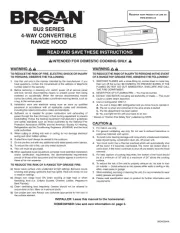
20 Oktober 2025
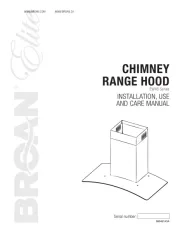
19 Oktober 2025
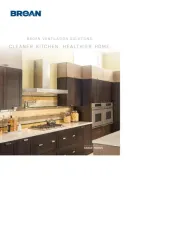
19 Oktober 2025
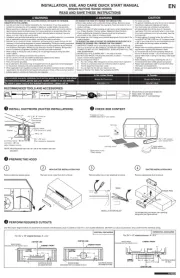
6 Juli 2025
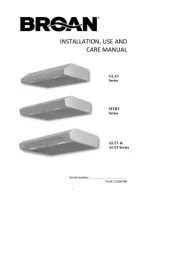
6 Juli 2025
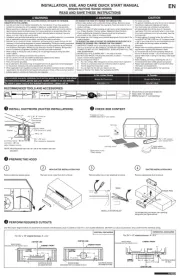
6 Juli 2025
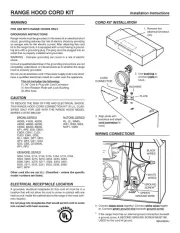
6 Juli 2025
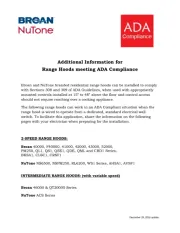
4 Juli 2025
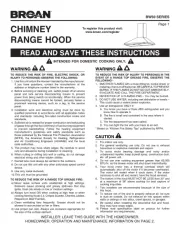
4 Juli 2025
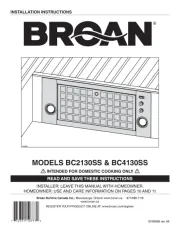
4 Juli 2025
Emhætte Manualer
- Frigidaire
- Fulgor Milano
- Sôlt
- Rex
- Kunft
- Turbo Air
- EAS Electric
- Sedona
- Klarstein
- Baumatic
- Jocel
- Miele
- Hotpoint Ariston
- Coyote
- KitchenAid
Nyeste Emhætte Manualer

27 December 2025

25 December 2025

25 December 2025

25 December 2025

25 December 2025

24 December 2025

24 December 2025

24 December 2025

24 December 2025

24 December 2025
